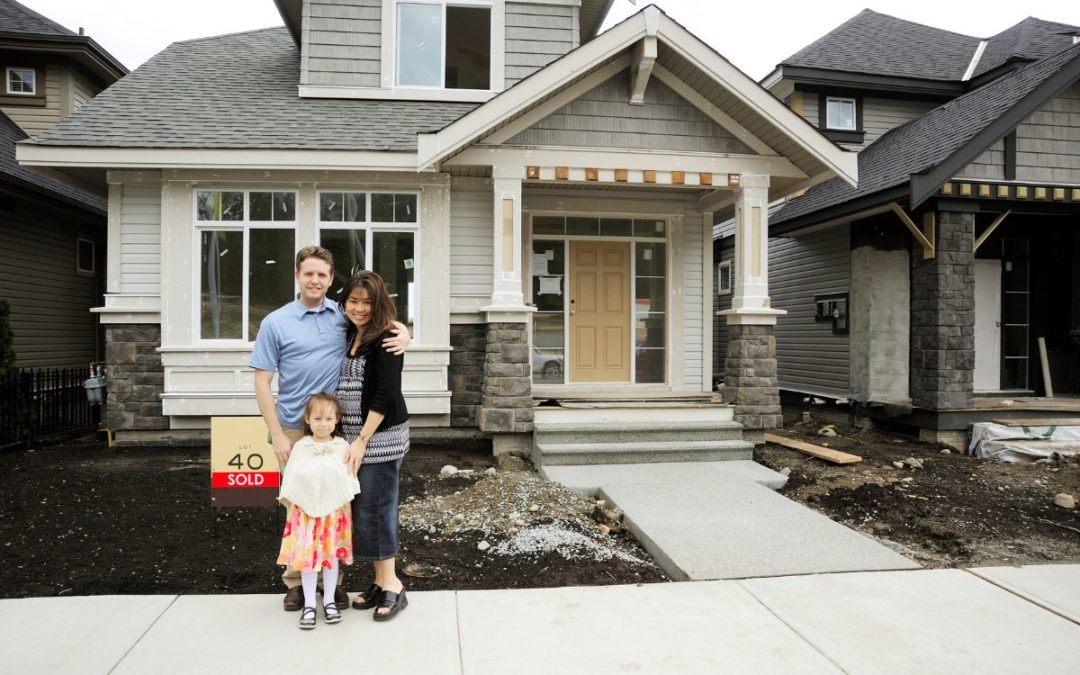The rate of young first home buyers has declined in New South Wales as buyers take more time to save funds for transfer duties (also known as stamp duty). Despite this, the Australian Bureau of Statistics (2021) indicates a 10-year national 72% capital gain on property prices. These high property prices, coupled with significant transfer duty fees, have contributed to a decline in homeownership across NSW, dropping from 70% in the 1990s to about 64% in 2022. Fortunately, a newly introduced scheme by the NSW State Government will further ease prospective first home buyers into the market.
Receiving assent on 11 November 2022, the Property Tax (First Home Buyer Choice) Act 2022 provides first home buyers with the choice between paying upfront transfer duty or an annual property tax. According to the NSW Government, “The scheme will offer support to about 97 per cent of all first home buyers, or about 55,000 people per year.”
Existing Laws – First Home Buyer Assistance Scheme
The current First Home Buyer Assistance Scheme was introduced on 1 July 2017. These existing laws entitle first home buyers to a concessional rate of transfer duty or an exemption from paying it altogether.
For new and existing homes under $650,000, first home buyers can apply for a full exemption, avoiding any transfer duties. For new and existing homes valued between $650,000 and $800,000, first home buyers can apply for a concessional transfer duty rate dependent upon the value of their home. In addition, when purchasing vacant land, first home buyers will not be required to pay transfer duty when the land is valued at less than $350,000. Where the vacant land is valued between $350,000 to $400,000, first home buyers will receive a concessional rate.
New Laws – Property Tax (First Home Buyer Choice)
The Property Tax (First Home Buyer Choice) Act 2022 will take effect from 16 January 2023 and, therefore, only apply to contracts that are exchanged on, or after, 16 January 2023. During the transitional period of 11 November 2022 to 16 January 2023, eligible first home buyers will still need to pay stamp duty if their purchase transaction settles before 16 January 2023. After this date, they may apply for a refund of the duty.
It is important to note that this scheme acts in addition to existing laws. Some first home buyers in NSW may already pay zero stamp duty or a concessional rate of duty under the First Home Buyer Assistance Scheme. The introduction of First Home Buyer Choice will not impact these stamp duty savings.
Under First Home Buyer Choice, first home buyers in NSW can now elect to pay either an upfront transfer duty prior to the completion of their property purchase, or an annual property tax. This property tax is levied each financial year, starting from the day after the property has been transferred into the buyer’s name at a pro-rata basis.
Eligibility to the First Home Buyer Choice
First Home Buyer Choice is only available on homes (new and existing) priced up to $1,500,000 or vacant land worth up to $800,000. Although there is no income threshold, eligibility to this scheme is determined upon the following requirements:
- The buyer must be over 18 years old
- The buyer must be an Australian citizen or permanent resident
- The buyer (and buyer’s spouse, if applicable) must not have owned any residential properties in Australia as an individual (as opposed to a company or trust)
- At least one of the buyers must move into the property within the first 12 months for a continuous period of 6 months.
Different rates for different types of ownership
The amount of property tax payable will be based on the land value of the first home buyers’ home. If the buyer wishes to use the property as an investment rather than owner-occupied (or vice-versa) RevenueNSW must be informed within 3 months of this decision in order to apply the appropriate property tax rate.
The tax rate for owner-occupiers for the 2022-23 and 2023-24 financial year is $400 plus 0.3% of land value. The tax rate for residential investors during the 2022-23 and 2023-24 financial year is $1,500 plus 1.1% of land value. In the following financial years, the tax rate will be indexed in line with average annual incomes, though the maximum increase in any given year is capped at 4%. In short, if the land value rises, so will the property tax.
When the property is sold
Once a buyer opts to pay the annual property tax and settles their purchase, the property will remain subject to the property tax until it is sold or transferred. The buyer cannot change to the stamp duty option after settlement.
When someone who is not eligible for First Home Buyer Choice purchases a property from someone who is paying the property tax under the First Home Buyer Choice, the purchaser will not be subject to property tax, but they will be subject to stamp duty.
Which is the best choice?
Each first home buyer should obtain independent advice from a financial or accounting professional. It is important that buyers not only consider their current financial position and the national economic outlook, but also how long the buyer intends to keep their property. As opposed to a single upfront transfer duty, annual property tax payments continue to accumulate the longer the buyer owns their property. To further assist first home buyers in making their own comparisons, an online property tax calculator is available through Service NSW.
Contact Us
To ensure you make the right decision and maximise the benefit of the First Home Buyer Choice scheme, it is best to seek professional legal advice. If you would like to discuss your property matter with a legal professional please contact us on (02) 9963 9800 or at [email protected]

